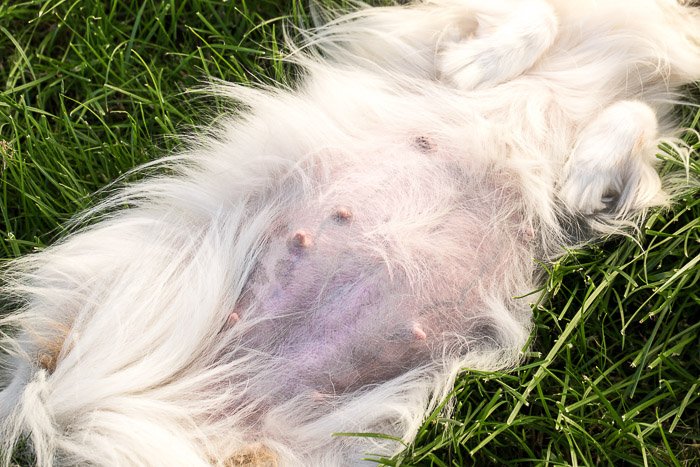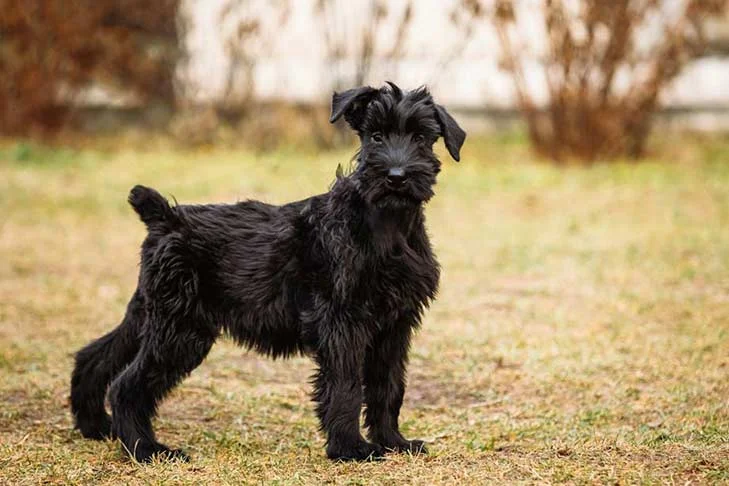Are Schnauzers Good for Allergies? The Low-Shedding Truth
Many households now seek out the Schnauzer breed because of its distinguished beard and dignified manner. Nevertheless, what about allergy sufferers? Can the company of this captivating breed be beneficial to them as well? The key to the solution is realizing what it means for prospective owners to know that Schnauzers are hypoallergenic. Let’s examine if Schnauzers are suitable for those with allergies.
A Detailed Examination of Dog Allergens
Before delving into the Schnauzer breed, it’s critical to comprehend what causes many people to experience allergic reactions when it comes to dogs:
- Dander for pets: Danger refers to the minuscule, microscopic skin fragments that are shed by furry or feathered creatures such as cats, dogs, rats, birds, and others. It frequently clings to clothes, carpets, and walls and is a common allergy.
- Pee and Saliva: Particularly when the saliva dries and becomes airborne, proteins in dog feces, urine, and saliva can trigger allergy reactions in those who are susceptible to them.
- Feathers and Coils: Hair can gather mold, pollen, and other allergens, causing allergy reactions even when hair itself isn’t an allergen.
Nature’s Low-Shedding Wonder: The Schnauzer’s Coat
In light of these allergies, how do Schnauzers fare?
- Shedding and Type of Coat: Double coats are distinctive to schnauzers. There is a soft undercoat beneath the wiry outer layer. Because this coat type doesn’t shed as much as other breeds, the environment is exposed to fewer allergens.
- Continual Personal Care: Regular maintenance is necessary due to the Schnauzer’s coat type. This significantly lowers the amount of hair and dander in the house while also maintaining the health of the coat.
- A Lower Salivary Level: Although all dogs drool, the Schnauzer breed is not renowned for excessive drooling, which can lessen the amount of allergens carried in saliva.
Can Schnauzers Actually Alleviate Intoxiety?
The word “hypoallergenic” is a little deceptive. Though no dog breed is completely hypoallergenic, some—like Schnauzers—produce fewer allergies than others. Why Schnauzers are so popular among allergy sufferers is as follows:
- Low Shedding: Because schnauzers shed so little, there is less dander and hair to cause allergic reactions.
- Regular Grooming: Regular grooming helps to minimize allergies and dander on your pet’s coat.
- Three Sizes of Schnauzers: There are three sizes of schnauzers: little, standard, and enormous. This gives people who want to reduce allergens even more options. Due to their tiny size, dogs often generate fewer allergies.
Using a Schnauzer in Your Home to Manage Allergies
If you have allergies and want to have a Schnauzer in your house, think about the following:
- Hardwood floors are preferable since rugs can trap pet dander. You can quickly sweep and mop up any possible allergies if your floors are tile or hardwood.
- Air purifiers: By lowering airborne allergens, these gadgets help allergy sufferers breathe easier in a more comfortable environment.
- Bathe your Schnauzer on a regular basis to reduce dander and loose hairs.
- Make Areas Free of Allergens: To make sure you have a place to escape any allergens, designate some portions of your house—like the bedrooms—as pet-free zones.
Questions and Answers Frequently Asked Questions
- Do allergies respond better to Mini Schnauzers than to Standard or Giant varieties?
Not invariably. Because of their smaller stature, smaller dogs generate less allergens, but the hypoallergenic quality of the breed is the same in all sizes. - To lessen allergens, how frequently should I brush my Schnauzer?
Regular grooming sessions are advised every 4-6 weeks for optimal results. Brushing, washing, and expert grooming are all included in this. - Do Schnauzers spit out less than other dog breeds?
Although they don’t drool a lot, schnauzers nevertheless generate saliva just like other dogs do. While it’s not a major influence, the decreased drooling may help lower the number of allergens.
In conclusion
For allergy sufferers who long for canine companionship, schnauzers, with their unique charm and low-shedding coat, provide a ray of hope. Although no breed may be completely hypoallergenic, the Schnauzer is a great example. Even if allergies are an issue, coexisting peacefully with these furry pals is achievable by being aware of their nature and adhering to certain tactics.








